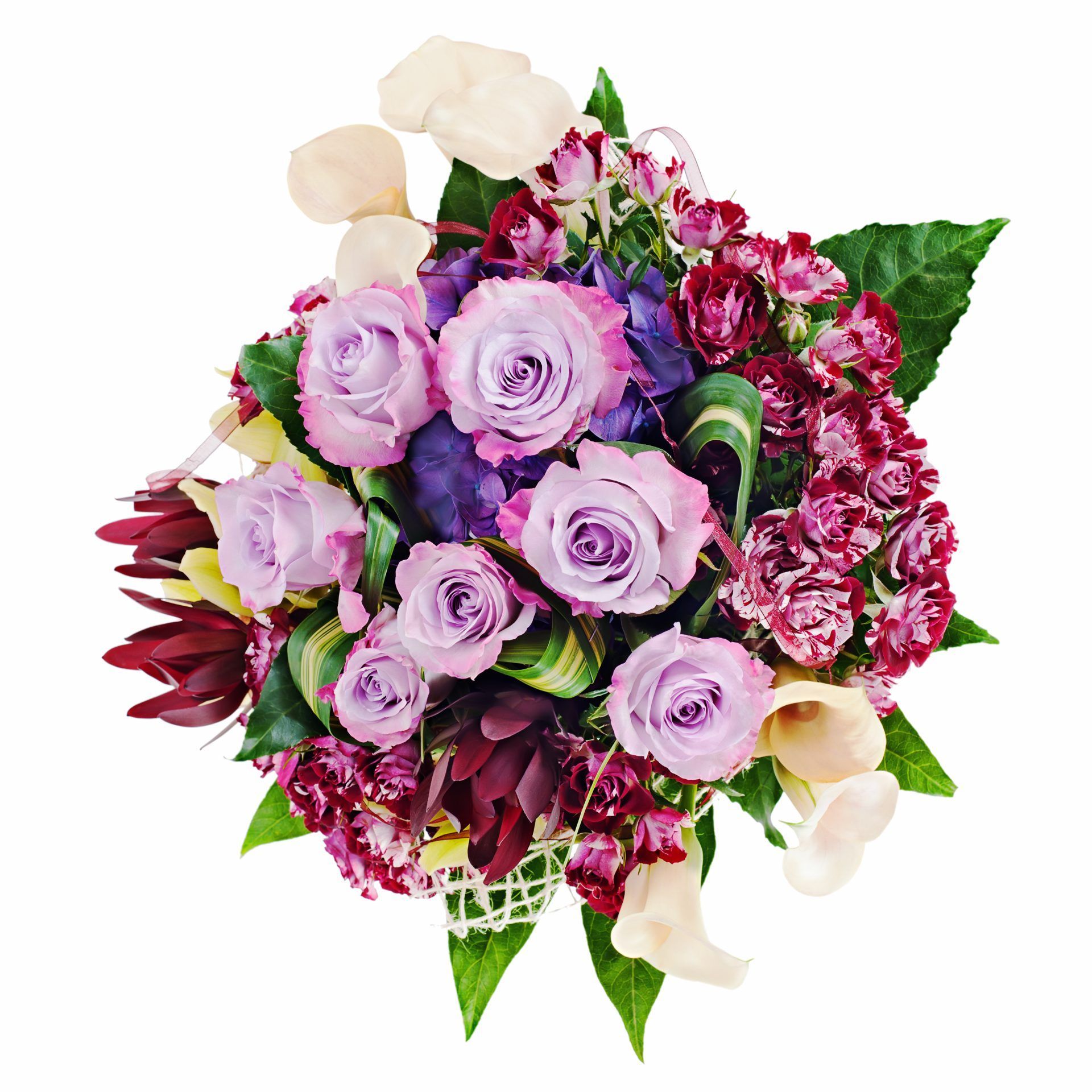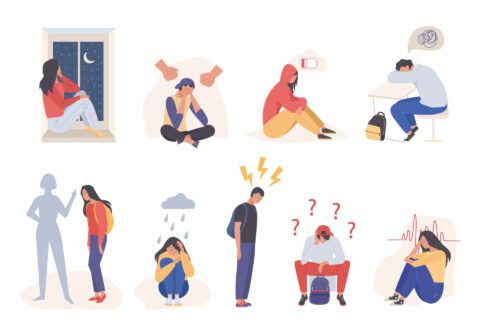What Funeral Flowers Symbolize
A traditional way to show one’s love and share condolences is to send flowers. Types of flowers symbolize different emotions and expressions. What are you really saying with your floral arrangements?
Common Funeral Flowers

Lilies: Lily arrangements are probably the most common funeral flower. Lilies in general represent purity and innocence, and white lilies especially symbolize the purity of the human soul that has departed. Lilies have large, lovely blooms that smell strongly. Their open faces evoke the openness of the innocent child, and their scent is sweet and fresh like a clean spring day. All lilies are an excellent choice for funeral flowers, but the White Stargazer Lilies specifically represent sympathy and purity of concern.
Roses: As we know from sonnets, soap operas and years of Valentine’s Days, roses are the best flowers to symbolize love. The red rose is most often associated with romantic love, but it actually symbolizes respect and courage as well. Red roses are a staple item that brighten up many floral arrangements, and they’re usually inexpensive. A single red rose in a flower arrangement stands for unending love for the deceased, a courageous and enduring statement of powerful emotion. If you are looking to send roses but don’t want any romantic associations, you still have a wide selection! Yellow roses mean friendship and happiness in relationships. Pink roses represent a more familial love, as well as grace and appreciation (an excellent choice for mothers, aunts, and teachers). Finally, white roses evoke humility and meekness as well as purity and innocence.
Carnations: Carnations are very popular because they come in such a wide variety of colors and can be very inexpensive. Carnations are also a good filler flower for mixed arrangements, and are often paired with lilies and baby’s breath. The symbolic element of a carnation has to do with affection. They are a sweet, long lasting flower worn often in lapels and garland crowns. Specific meaning is usually tied to its color: red for admiration, purple for change, pink for remembrance, white for sweetness, and yellow for friendship. Historically, carnations have been used to communicate, usually in romantic ways. A solid color means “yes,” and a striped carnation means “no.”
Gladioli: Gladiolus make beautiful arrangements and give height and depth to funeral flowerscapes. A gladioli is tall and straight, an elegant and powerful plant that can produce forward-facing flowers up a spike of up to four feet. Appropriately, the gladiolus represents strength of character and faithfulness. In funeral arrangements the gladiolus flower symbolizes remembrance and admiration. The colors of this flower are bold and bright and they range from salmon pink to blue.

Less Common Flowers with Beautiful Meanings
Peonies: Peonies are a beautiful, layered flower that blooms in spring and are common wedding flowers because they represent a long, happy marriage and good fortune.
Sunflowers: Sunflowers are tough, durable plants that grow in some places as weeds. They symbolize a commitment to weather all storms together and emerge victorious on the other side. They are strength and endurance and well as hope for a better future.
Marigolds: As per the Victorian tradition, Marigolds represent grief and mourning. They also communicate despair over the loss of love. Marigolds are also tied to the sun because of their brilliant yellow-orange color.
No matter what flowers you pick to send as your condolences, to populate a loved one’s funeral, or as you plan your own arrangements in advance, your message of caring and concern will ring loud and clear. To learn more about specific flowers, visit http://www.flowermeaning.com/ to select your perfect symbol and meaning.
The post What Funeral Flowers Symbolize appeared first on Memorial Mortuaries.












